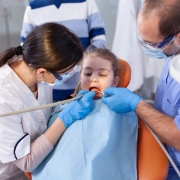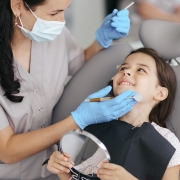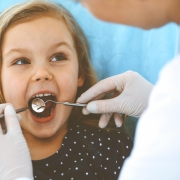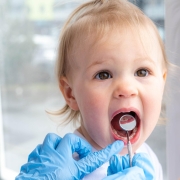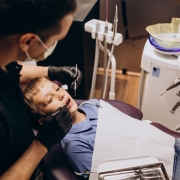Helping Kids Love Dental Visits
If you can get your kids to love the dentist, you’ll set them up for a lifetime of good oral hygiene habits. Positive experiences with dental health professionals help children to understand that dental health visits are nothing to fear. Here are some helpful tips to help your kids love dental visits.
Choose a Pediatric Dentist
Opt for a specific pediatric dentist in Victorville, CA, where the entire dental office caters to children, teens, and young adults. You’d be amazed at the difference between a pediatric dentist and a “regular” dentist. The entire atmosphere is designed to be kid-friendly, with a lot of little extras, like colorful art, playthings, and—most importantly—a staff that loves helping children with dental health needs.
Start Early
Your child’s first dentist visit should be when the first tooth appears or by age one, whichever comes first. The sooner you bring your child to the dentist, the sooner they will learn that dentist visits are part of a healthy lifestyle. This practice will help your child get accustomed to having their teeth examined in a dentist’s office.
Read Books Together
Many children’s books are available that explain dental visits in fun and friendly ways that your child can relate to. Some of them are so comical that you and your child can laugh together, further alleviating any anxiety around dental visits. Reading these books with your child can help alleviate fears and misconceptions.
Explain the What and the Why
A lot of the fears around dentists are related to the fear of the unknown. Using language, your child can understand and explain what the dentist will do and why it has to be done.
With these tips, you can help your child develop a positive attitude toward dental care and set them on the path to a lifetime of healthy smiles. Contact your pediatric dentist in Victorville, CA, to book an appointment!


